Overland Cape Town to Cairo in our Land Rover Defender, Tin Can
Stan and Marianne Rogers, two avid travellers from Australia whose wanderlust is far from satisfied,...
 23 September 2024
23 September 2024 
Simon’s Town – a name that every Capetonian knows. It is a stunning place to spend an afternoon as well as an ideal place for a weekend getaway – but what remains is the love that Capetonians have for this historic ocean-side village.
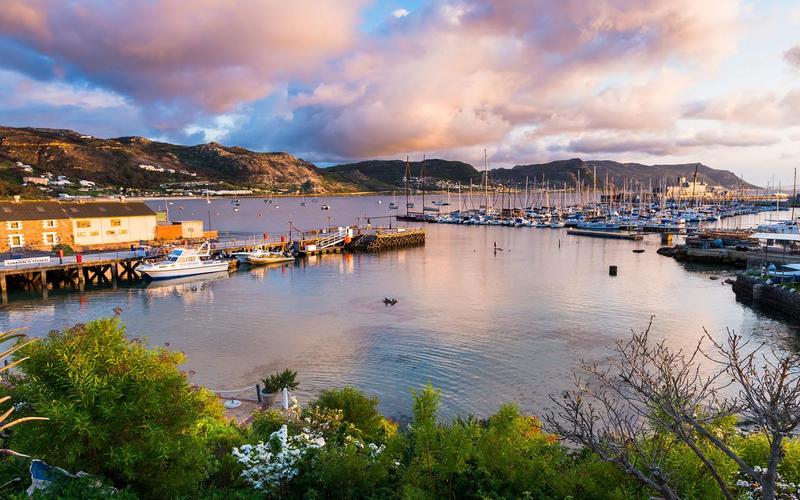
Simons Town
Seeped in history, Simon’s Town has always attracted tourists and locals to spend a day exploring the hidden shops, cafes, museums, restaurants and beaches. People travel from all over to learn a little more about the history and to see the penguins – of course. The town was named after Simon van der Stel and called Simon’s Bay. Simon’s Town was made the official winter anchorage for the Dutch East India Company’s ships in 1741, and its harbour served as a refuge for merchant ships and whalers.
History of Simons town
The Governor-General of the Dutch East Indies who arrived in the same year chose a site for a magazine, hospital and barracks in Simon’s Town. A small garrison was stationed here, and when a stone pier was constructed in 1768, a baker, a slaughter-house, carpenter’s shop and smithy were built as well as a residence for the Governor. The British Royal Navy took this over in the 1790s, and the facility was further developed over the following century and a half.
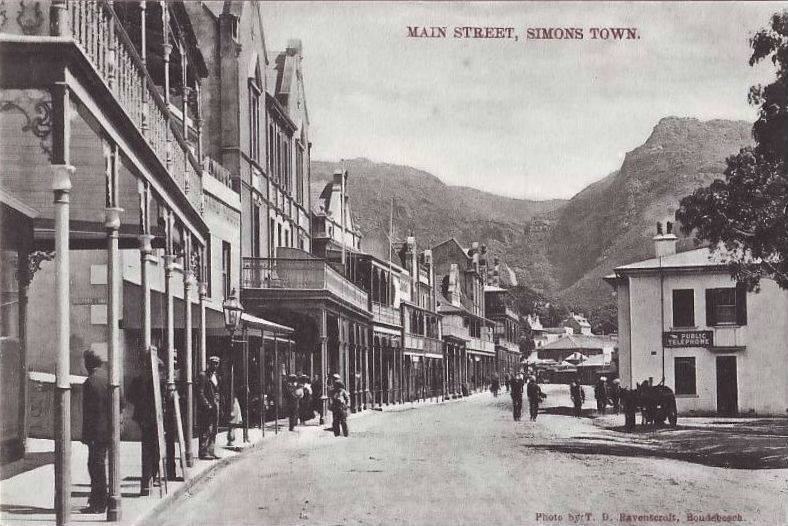
Old Simons Town
As time went on – the site was developed gradually – with steam engineering and coaling facilities being added. In 1885, the Cape Colony government transferred the assets of the Simon’s Town Dock and Patent Slip Company to the British Admiralty. By the close of the century, it became clear that more space would be needed to accommodate a modern Navy’s requirements. A large site was acquired to the east of the original yard to be used for dockyard extensions with construction beginning in 1900. The new harbour contained a drydock as well as a sizeable steam factory constructed alongside. The drydock was named the “Selborne Graving Dock” after the Earl of Selborne, the Cape High Commissioner.
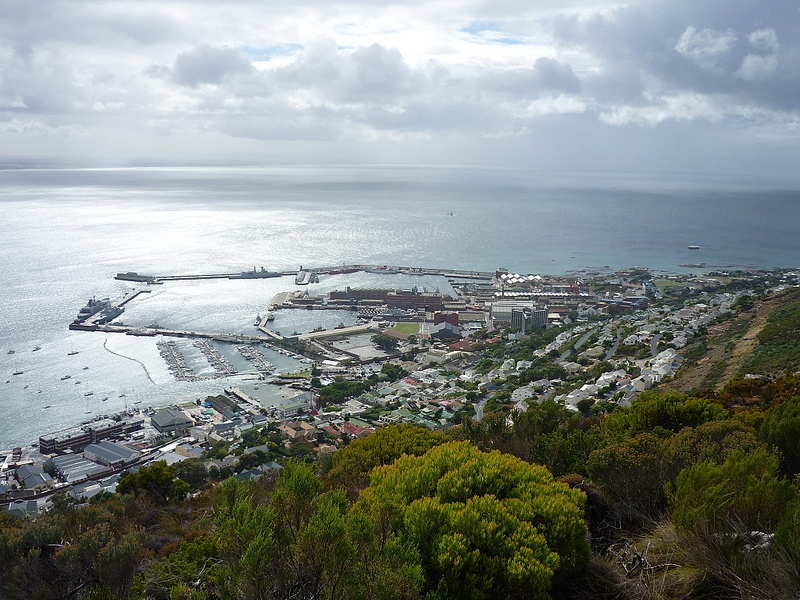
Simons Town Harbor
Just Nuisance
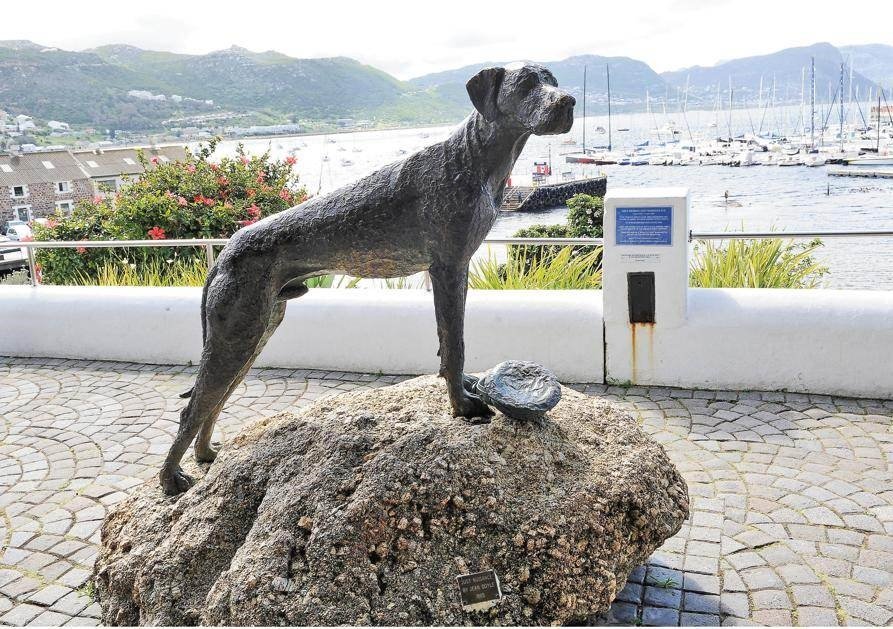
Historic Monument
The life and story of the legendary Great Dane, Able Seaman Just Nuisance, continues to capture visitors’ hearts and imagination to Simon’s Town.
Simon’s Town Museum
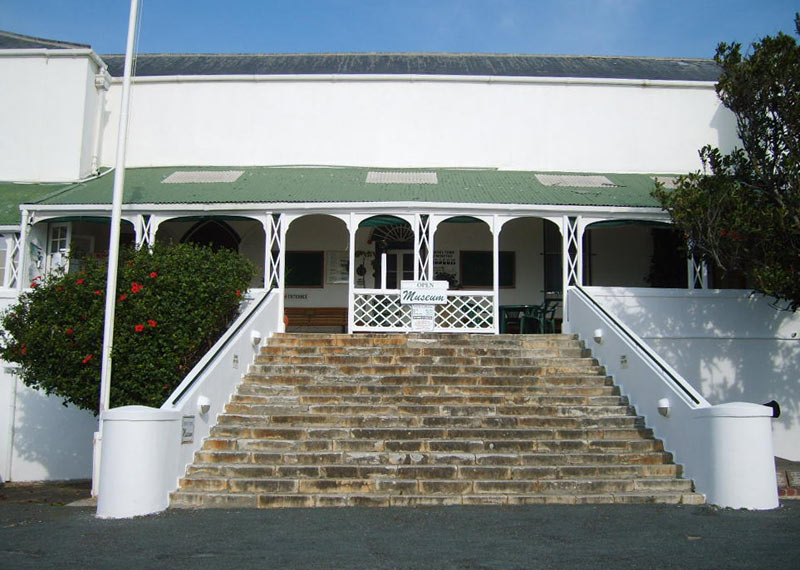
Historic Museum Simons Town
The museum is housed in “The Residency” which was built in 1777 as the winter residence for the Dutch East India Company Governor at the Cape. The museum was established in 1977 by the Simon’s Town Historical Society. The building has a long history having been used as a hospital, post office, school, customs house, police station, jail and magistrate’s court. Simon’s Town Museum collects and exhibits the cultural history of the people of Simon’s Town and their connections to the Dutch East India Company and the Royal Navy.
SA Naval Museum
If you are interested in Ships and Submarines, their weapons, their equipment, the people who serve, and served in them – this one is for you!
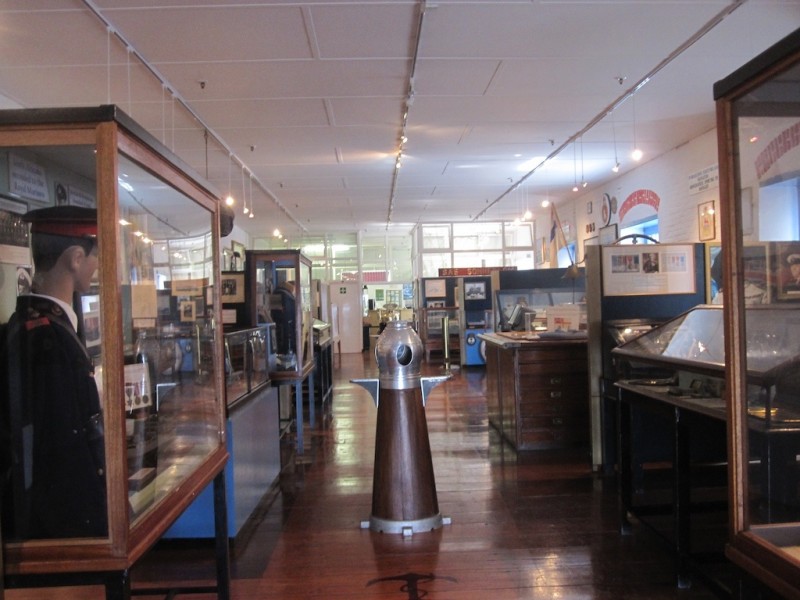
Historic Naval Museum
The SA Naval Museum is housed in, and around, the original Dockyard Magazine/Storehouse, which from 1810 when the Royal Navy moved its headquarters from Cape Town to Simon’s Town, was extended to become the three-storey building it is today.

Historic Toys
When visiting the Warrior Toy Museum, you will see a permanent display of model cars, dolls, dinky toys and more. The model car section houses 4000 cars and with over 500 dolls and teddy bears – you will plenty to ooh and aah over. This is a beautiful sanctuary for collectors of toy aeroplanes, trucks, lead soldiers, cars and busses. There is a sales section for both existing collectors and budding collectors. Other exciting things to see are the two fully operational railroads, Meccano, various other toys and models, ships and even a lead soldier display. Warrior Toy Museum have a collection that will have you reminiscing.
A visit to the Heritage Museum will understand the rich Cape Malay cultural influence and history of the region. The museum is housed in the Amlay house, the original home of the Amlay family, removed in 1975 after Simon’s Town was declared a whites-only area under apartheid law. After the advent of democracy, the Amlay family returned to Simon’s Town, and a family member established the museum and curates it exhibitions today.
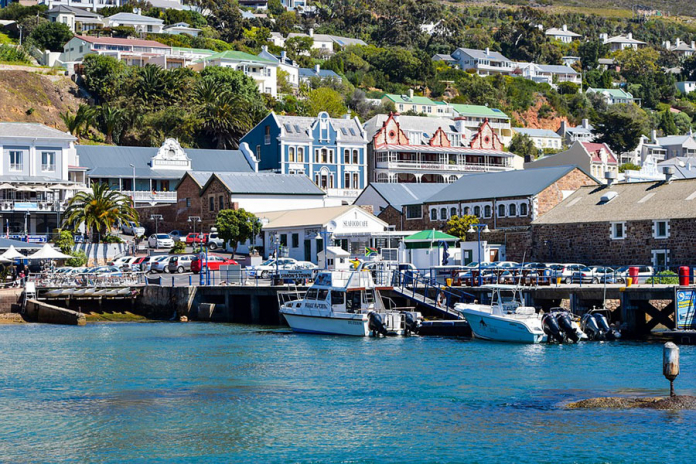
Old Harbor Simons Town
When visiting the museum, you can expect to learn more about the early residents of Simon’s Town and Cape Malay heritage and the Muslim culture’s intricacies. Simon’s Town also offers an incredible in-depth walking history tour, including the Cape Malay Museum to discover how slavery shaped the Cape. The tour is geared towards helping you reflect on the past and the Cape’s present social and political context. Why not step back in time and explore the beautiful museums and heritage sites that Simon’s Town has to offer.